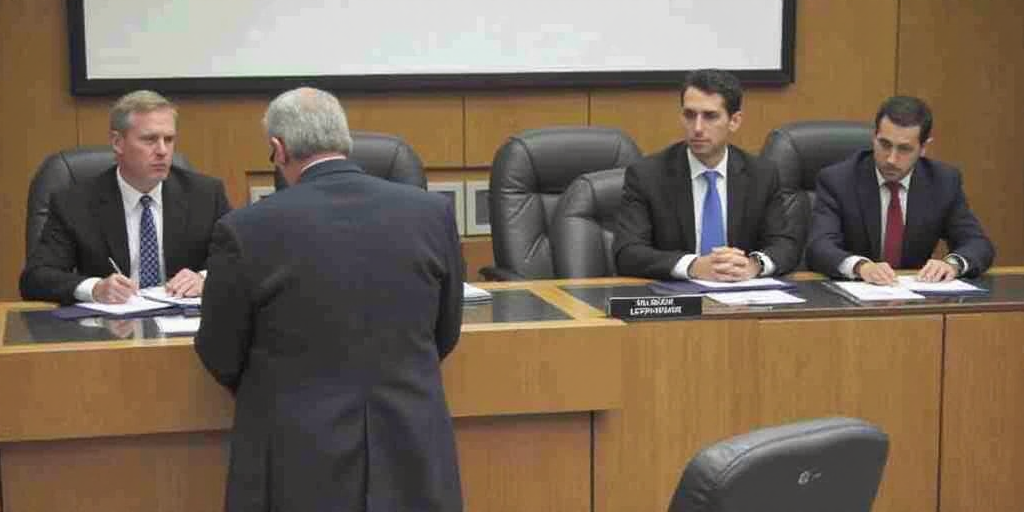Background on the Instituto Nacional Electoral (INE)
The Instituto Nacional Electoral (INE) is Mexico’s independent, autonomous electoral body responsible for organizing and supervising elections at the federal level. Established in 2014, following the merger of the Federal Electoral Institute (IFE) and the General Council of Federal Elections (COFECE), INE plays a crucial role in ensuring free, fair, and transparent elections.
Current Issue: Validating Magistrate and Judge Candidates
The INE convened a session on Friday to validate the triumphs of candidates for judicial positions, including magistrates of Circuit and district judges. This move came after it was discovered that some candidates had grades below the legal requirement in subjects related to their specialty.
Controversy Among Electoral Council Members
The INE’s attempt to validate these candidates’ victories based on a legal interpretation sparked discontent among council members. Carla Humphrey, one of the council members, expressed her concerns that some candidates did not meet the requirement of having at least a nine in subjects related to their specialty, making it impossible to validate their victories.
Uuc-kib Espadas, another council member, clarified during a session on June 18 that the issue was not about “negotiating qualifications.”
INE’s Response and Next Steps
In response to the controversy, INE stated on Friday that it would conduct thorough analyses of the candidates who received the most votes in the June 1 electoral event for 850 positions: 464 circuit magistrates and 386 district judge positions.
INE intends to resume the General Council session in the coming days to analyze and, if necessary, approve the relevant decisions regarding the validation of these electoral victories.
Key Questions and Answers
- What is the Instituto Nacional Electoral (INE)? INE is Mexico’s independent electoral body responsible for organizing and supervising federal elections.
- What was the issue that led to the suspension of the INE session? The issue revolved around validating candidates for judicial positions who did not meet the required grades in subjects related to their specialty.
- Why were INE council members unhappy with the initial plan? Council members, including Carla Humphrey and Uuc-kib Espadas, were concerned that the proposed validation of candidates’ victories based on a legal interpretation disregarded the actual grade requirements.
- What is INE’s plan moving forward? INE will conduct detailed analyses of the top-voted candidates for 850 positions and resume the General Council session to analyze and approve relevant decisions regarding the validation of these electoral victories.






